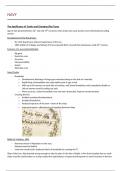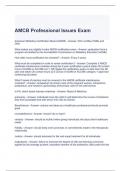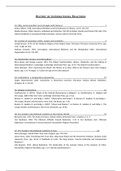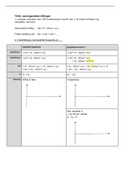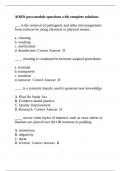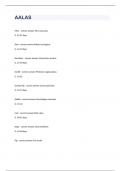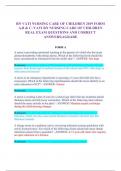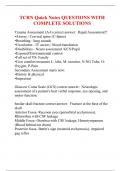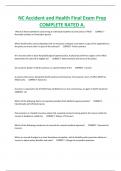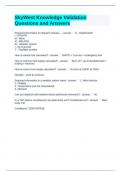Samenvatting
Summary A* notes on Navy for Britain: Losing and Gaining an Empire
- Vak
- Instelling
Comprehensive notes containing a couple of essay plans about The changing nature of the Royal Navy. This is suited for the Pearson Edexcel 2015 A Level History Specification Paper 3 Option 35.1
[Meer zien]
